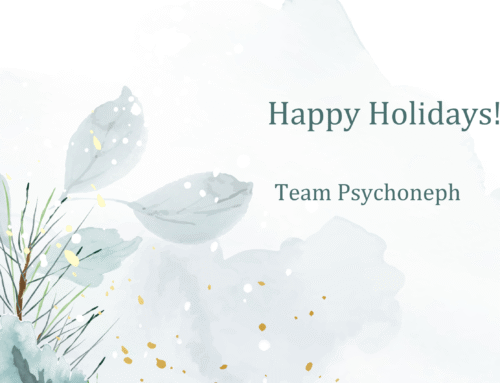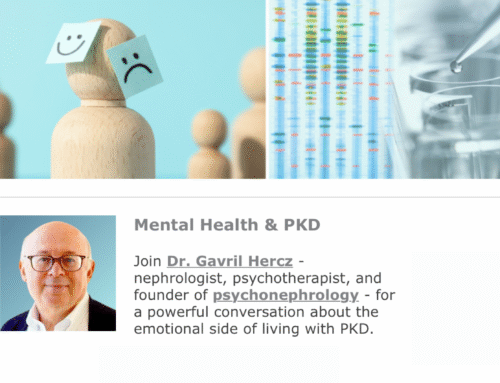
Kidney Patients: Flex your social media muscles
Social media is increasingly disparaged, not least for its time-wasting capacities. In addition, it has fuelled a dramatic decrease in face-to-face communication, with more people forgetting the difference between the real and virtual world. However one cannot deny the vast positive change social media has bestowed, the ability to connect and communicate with people from all over the world. Our post focuses on the ways social media is helping kidney patients.
Various social media forms like Facebook, Twitter, YouTube, blogs and even texting have paved the way for people to create a network like never before. It has provided a platform where one can build a relationship with other people regardless of the distance or connection barriers. People turn to social media to gather more information and to share the knowledge and their experiences. Even healthcare providers use social media for health-related information and peer support.
Up to a few years ago, when a patient needed a donor kidney, it was mainly the immediate family and friends who were informed and approached for this. Limited means of communication often made it unlikely that a live donor would be found outside this close-knit circle. With the advent of social media, this has all changed.
There is positive information shared by people on how they got the kidney donation from strangers or how they donated a kidney to a stranger because of one Facebook post.
How you can use social media to search for a potential kidney donor:
You can reach a vast number of people with just one post. People nowadays create Facebook pages for themselves, or for their friends and family. Sometimes websites or news channels also run stories on the topic
Post by a potential donor: You can let people know of your intentions by posting online or by registering yourself in the donor program.
Post by an actual donor: You can inspire others by sharing your story about donating a kidney. Here are two examples of how donors can of others.
Dylan Matthews shares his reasons for donating his kidney to a stranger, on Facebook, which resulted in inspiring others to do the same. His kidney went to a stranger, whose relative donated his/her kidney to another stranger. This second stranger’s family also donated a kidney to another stranger. As a result, Dylan’s altruistic act resulted in 4 people receiving a kidney transplant.
Here are a few more inspiring stories of people donating kidneys to strangers:
The country’s oldest living kidney donor, 83-year-old Nicholas Crace, says he couldn’t have lived with himself if he’d turned down the chance to change someone else’s life.
Organ donor to marry stranger she gave a kidney to after operation brought them together.
Natasha Fuller, 8, was born with prune belly syndrome. Her teacher decided to give this little girl a gift of life.
Limitations of social media
One has to weigh the positive benefits of using social against its possible drawbacks. Some of the drawbacks of social media are:
Spreading rumors: People misuse social media to spread rumors and lies. Sometimes kidney donation is painted with a religious or political brush to discourage people.
Posting a false story just to get more ‘likes’: You must have seen various posts where people tell you to share or like a kid’s picture so that he/she can find a donor. But in reality, these pictures are copied from somewhere else and don’t relate to an actual person. If you’re unsure of or uncomfortable with your faith’s position on donation, ask a member of your clergy.
Conning people: There are limited ways to verify the posters’ true intentions or identities. Thus you should check these thoroughly
Identity theft/phishing: While you click on a website with a genuine interest in kidney donation and fill out all your personal details. You are also assuming that this will be used to find a matching recipient. However, you may be a victim of identity theft.
Illegal Trade: Online ads on websites that solicit kidneys can make you vulnerable to possible illegal trade. As you are desperately seeking of, a person can coax you to buy his/her for a certain sum of money, which is illegal.
Regardless of the shortcomings of social media, it still holds a strong position in informing and inspiring people about living kidney donations. You can see that you can make a big difference as a kidney donor, and not just for one person or their family. A chain kidney donation can save many lives!
Featured image source
About the Author
Dr Gavril Hercz
Dr. Gavril Hercz is a nephrologist at Humber River Health and Associate Professor of Medicine, University of Toronto. He completed his psychoanalytic training at the Toronto Psychoanalytic Institute and is a member of the Canadian Psychoanalytic Society. His major area of interest is the impact of physical illness on patients, families, and caregivers.
Social media is increasingly disparaged, not least for its time-wasting capacities. In addition, it has fuelled a dramatic decrease in face-to-face communication, with more people forgetting the difference between the [...]



